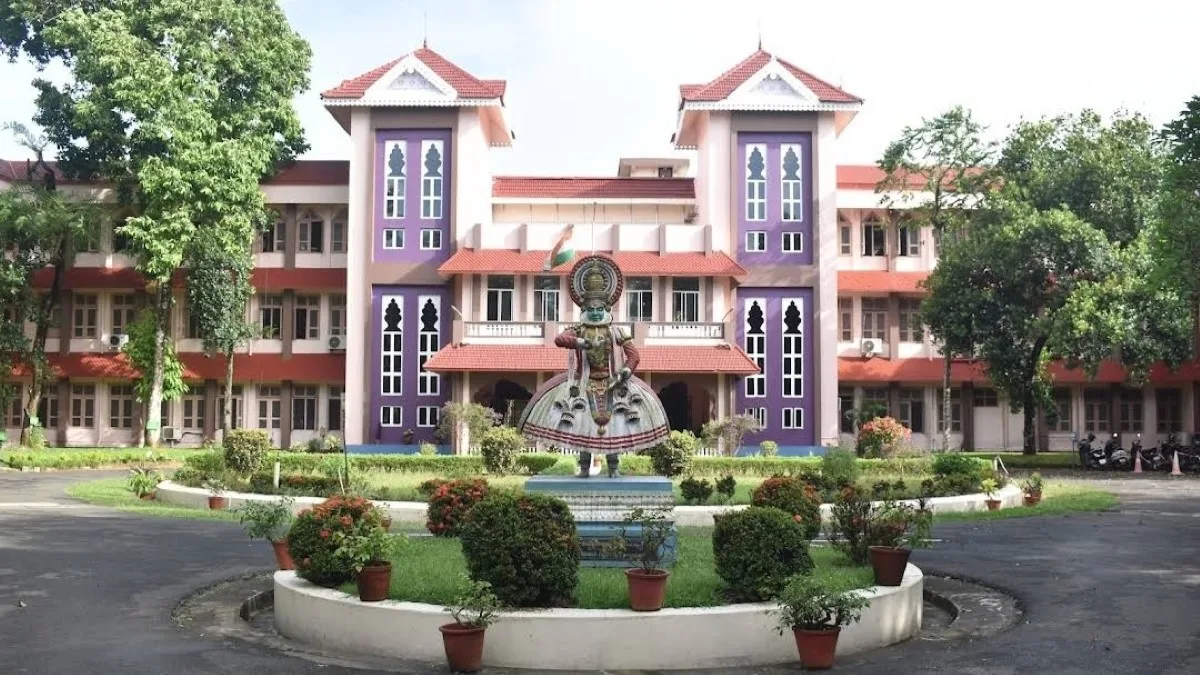Date: March 24, 2025 - March 25, 2025

Our rapidly changing global landscape demands a transformative approach that transcends traditional disciplinary boundaries, uniting scientific understanding, technological innovation, and community resilience. Climate change is not a distant threat but an immediate reality, evident in increasingly frequent and severe extreme weather events, disruptions, and socioeconomic vulnerabilities.
Addressing these complex challenges requires a holistic strategy that integrates multiple perspectives and expertise. Science provides the foundational knowledge necessary to understand climate dynamics, forecast impacts, and develop predictive models. Technological innovation offers cutting-edge solutions, from advanced early warning systems to sustainable environmental shifts. However, the most crucial element of our collective response lies at the community level, where scientific insights and innovative tools are applied to protect lives, livelihoods, and local ecosystems.
By integrating scientific insights, innovative tools, and grassroots action, we can build a future better equipped to face climate risks. Organizing a conference on “Climate Adaptation and Resilience (CARE): Bridging Science, Innovation, and Communities” is essential to addressing the growing challenges of climate change. With extreme weather events becoming more frequent and severe, the need for collaborative solutions is more urgent than ever. This conference will provide a platform for scientists, policymakers, innovators, and community leaders to exchange knowledge, share best practices, and co-develop strategies for resilience.
“One thing leads to the other. Deforestation leads to climate change,
which leads to ecosystem losses, which negatively impacts our livelihoods
- it’s a vicious cycle”
- Gisele Bundchen, Supermodel & UN Goodwill Ambassador


Cochin University of Science and Technology (CUSAT) was initially constituted as the University of Cochin through an Act of Kerala Government on 10th July 1971. The University of Cochin was re-constituted as Cochin University of Science and Technology (CUSAT) in February 1986, redefining its objectives as "promoting Graduate and Post Graduate studies and Advanced Research in Applied Sciences, Technology, Commerce, Management and Sciences."
CUSAT is now a world-ranking university with the specific purpose of developing higher education, emphasizing post-graduate studies and research in applied science, technology, industry, humanities, and commerce. CUSAT has consecutively been figured in the Times Higher Education World Ranking since 2017. The Times ranks around 1500 best universities worldwide annually, with around 60 universities from India out of 967.
CUSAT has also found a place in the QS World University Ranking and the National Institutional Ranking Framework (NIRF) of the Indian Government. Cast in the mold of a federal University, CUSAT is now a premier Science and Technology University in the country, re-accredited with NAAC 'A+' Grade in the 3rd cycle. During the intervening four and half decades, CUSAT has made quantum leaps in its academic pursuits and spread its wings far and wide, encompassing novel and emerging realms on the horizon of knowledge. The University has entered into several collaborative ventures with reputed Universities and Institutions worldwide, hosting numerous National and International academic discourses, seminars, and workshops each year.
The School of Marine Sciences, a unique institution of its kind in the country, was established in 1938 as the Department of Marine Biology and Fisheries under the erstwhile Travancore University to cater to Marine Science education and research at national levels. The school is presently part of Cochin University of Science and Technology. It consists of five departments in each discipline of marine science such as atmospheric sciences, chemical oceanography, physical oceanography, marine geology and geophysics, and marine biology.
Over the years, the School of Marine Sciences at CUSAT has played a vital role in developing Marine Sciences in the country, spawning many eminent personalities who now hold key positions in Marine Science Institutions in India and abroad. The School also plays an active role in implementing marine-science-related projects funded by various central and state institutions. Recognizing its contributions, the Ministry of Earth Sciences (MoES, Govt. of India) instituted an Ocean Sciences and Technology Cell (OSTC) at CUSAT, later renamed as Earth Science and Technology Cell (ESTC). The School of Marine Sciences has now completed 84 years of glorious existence.
“We are at a crossroads. One path leads to a world of devastating
climate impacts. The other takes us to a healthier, more sustainable
future. The choice is ours.”
- Christiana Figures, Former UN Climate Chief


The Department of Atmospheric Sciences was formed in 1996 by bifurcating the erstwhile Physical Oceanography and Meteorology Division of the School of Marine Sciences. The Department started offering a 4-semester M.Sc. programme in Meteorology in 1975 and a 4-semester M.Tech in Atmospheric Science in 1989. Eight efficient and dynamic faculty members are available in the Department, many honored with prestigious awards such as BOYSCAST, Commission of the European Communities (CEC) Fellowships, etc. The Department has produced 42 Ph.D.s and published about 190 research papers in reputed international and national journals.
Advanced Centre for Atmospheric Radar Research (ACARR) is a multidisciplinary research centre established under the Department of Atmospheric Sciences by CUSAT. A state-of-the-art indigenously developed Stratosphere-Troposphere (ST) wind profiler radar operating at 205 MHz has been functioning at CUSAT since 2017. ACARR facilitates advanced techniques to monitor the Earth's atmosphere, including sophisticated instruments that provide detailed observational data for research in weather and climate science, incorporating numerical weather prediction techniques. By bridging the gap between observational studies and model development, ACARR aims to enhance the accuracy and efficacy of atmospheric science research.